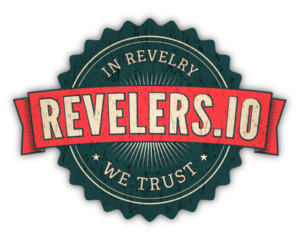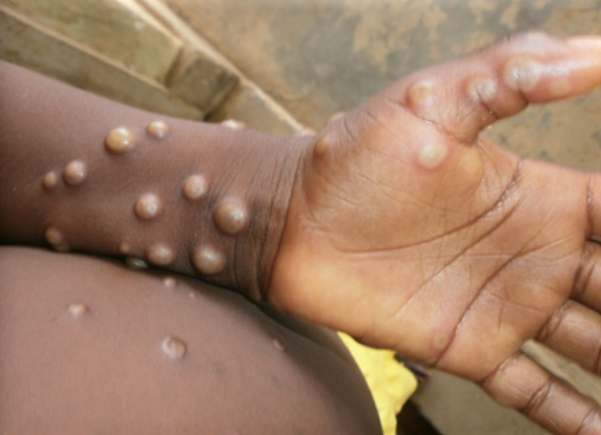As monkeypox cases continue to mount – topping 31,000 cases globally – governments of wealthy nations have been scrambling to buy vaccines. But what’s available for the rest of the world?
NPR spoke with two people in a position to know: Matt Linley is with Airfinity, an independent, London-based analytics company that has been tracking production and deliveries of monkeypox vaccine. Dr. Phiona Atuhebwe coordinates the introduction of new vaccines in Africa for the World Health Organization. Here are eight takeaways.
1) Vaccine options are limited
In theory there are at least three existing vaccines that could be used to protect people from monkeypox. But one is not recommended for widespread use. It’s a vaccine against smallpox called ACAM2000 that the United States’ Food and Drug Administration has now made available for use against monkeypox under what’s called an “investigational” protocol; in rare cases it may cause dangerous side effects such as swelling of the heart.
Another option, developed in Japan, “has had significant production issues,” says Airfinity’s Linley. “So they’ve been unable to scale up any significant amount of production to use it outside of Japan.”
As a result, in practice, notes Linley, countries are currently turning to only one vaccine: the Imvanex vaccine often referred to as JYNNEOS and approved by the U.S. FDA specifically for monkeypox in addition to smallpox. The catch is that only one company makes it – Denmark-based Bavarian Nordic.
2) Supply is also limited
In an email, a spokesperson for Bavarian Nordic told NPR…
#MPOX












